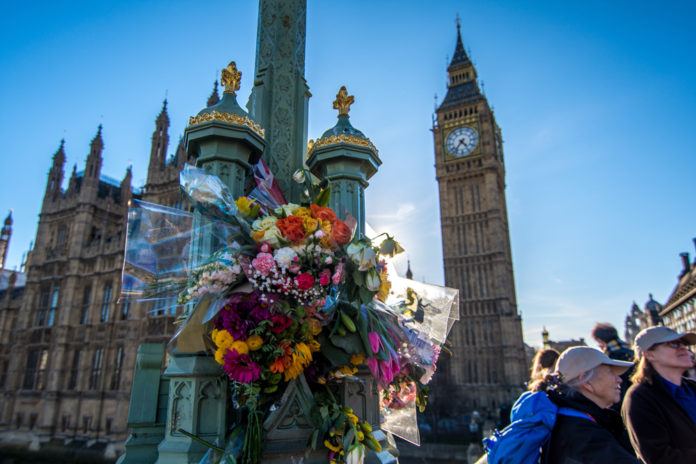The March 22 attack in London has underlined the growing necessity for business events to come with a crisis contingency plan, industry players say.
Joost de Meyer, chairman and CEO of US-based First Incentive Travel, said: “The London incident is a reminder that the world today is no longer as secure. However, it does not make sense to stop travelling in order to stay safe. Companies can choose to go somewhere they perceive to be safe for incentive programmes, but business meetings have to happen wherever the money is. So the key is to plan for crisis and be ready to respond.”

Kitty Wong, president of Taiwan’s K&A International Co. and World PCO Alliance, agrees, noting that while “safety cannot be guaranteed”, steps could be taken to minimise impact when security issues arise.
“As a PCO, we can and have to provide a safety plan for the client. This is an increasingly common request now. We also recommend that they buy insurance,” said Wong.
Wong noted that since many clients are unsure how to get started on safety planning, the World PCO Alliance is helping to write a set of guidelines on this.
Ulrike von Arnold, deputy director, Vienna Convention Bureau, opined that the host city, too, has to take responsibility for the safety and security of event delegates as “it is the city that attracts business events and delegates over”.
Von Arnold added that meeting planners should also study the safety standards of event venues and be clear about escape routes. She warned against venues that keep ballroom doors locked or have fire escapes blocked by audiovisual equipment.
That said, von Arnold believes that “we are living in the safest of all times”.
“We have 24-hour access to worldwide communications now but we are too focused on negative news. We have managed to overcome most diseases and (spot potential attacks before they happen),” she said.





















